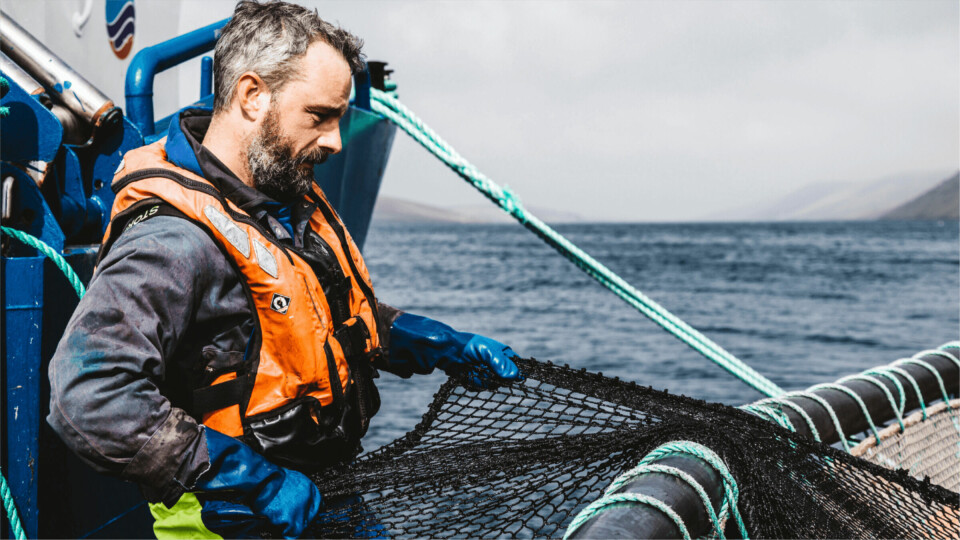
Salmon farmers invited to have their say on fish welfare
Scotland’s fish farmers are being asked to give their views on how on-farm salmon welfare assessments might be improved to benefit both the fish and production.
They are being invited to take part in an industry-wide survey being carried out as part of a PhD project funded by Stirling and Edinburgh universities and Scotland’s Rural College (SRUC).
The results from the survey organised by Tim Wiese, a first-year PhD student at Stirling University’s Institute of Aquaculture, will allow for future research to consider both practicality and efficacy concerns when developing on-farm salmon welfare measures.
Worked on farms
Wiese said: “I have previously worked on two fish farms and I understand that if I want my future research to have any legitimate impact my experiments have to be carried out within a context that appreciates the busy routines and numerous responsibilities that farmers already have. The goal of this survey is to help ensure that both salmon welfare and farm productivity benefit hand-in-hand from my research.
“Certain welfare measures often act as effective early-warning signs for problems that may occur on site. If these indicators are developed properly, they could play an important role in preventing issues from occurring in the first place, benefiting both the salmon and the farm.
“I am looking to gather as many participants as possible for this survey, and anyone who has had experience in the salmon farming industry is welcome to take part.”
Anonymous results
The survey can be completed online, or through an online/phone discussion with Wiese. Anyone wishing to discuss the questions with Tim Wiese can contact him at t.r.wiese@stir.ac.uk.
The survey is designed to take approximately 20-30 minutes and can be found here. The deadline is Friday, August 5.
Participants are asked to give some personal information, such as their current job title and how long they have spent in the industry, but all data collected will be anonymised prior to analysis.
Any details of work experience, job title or qualifications will be processed in such a way that will prevent respondents being identifiable.




















































